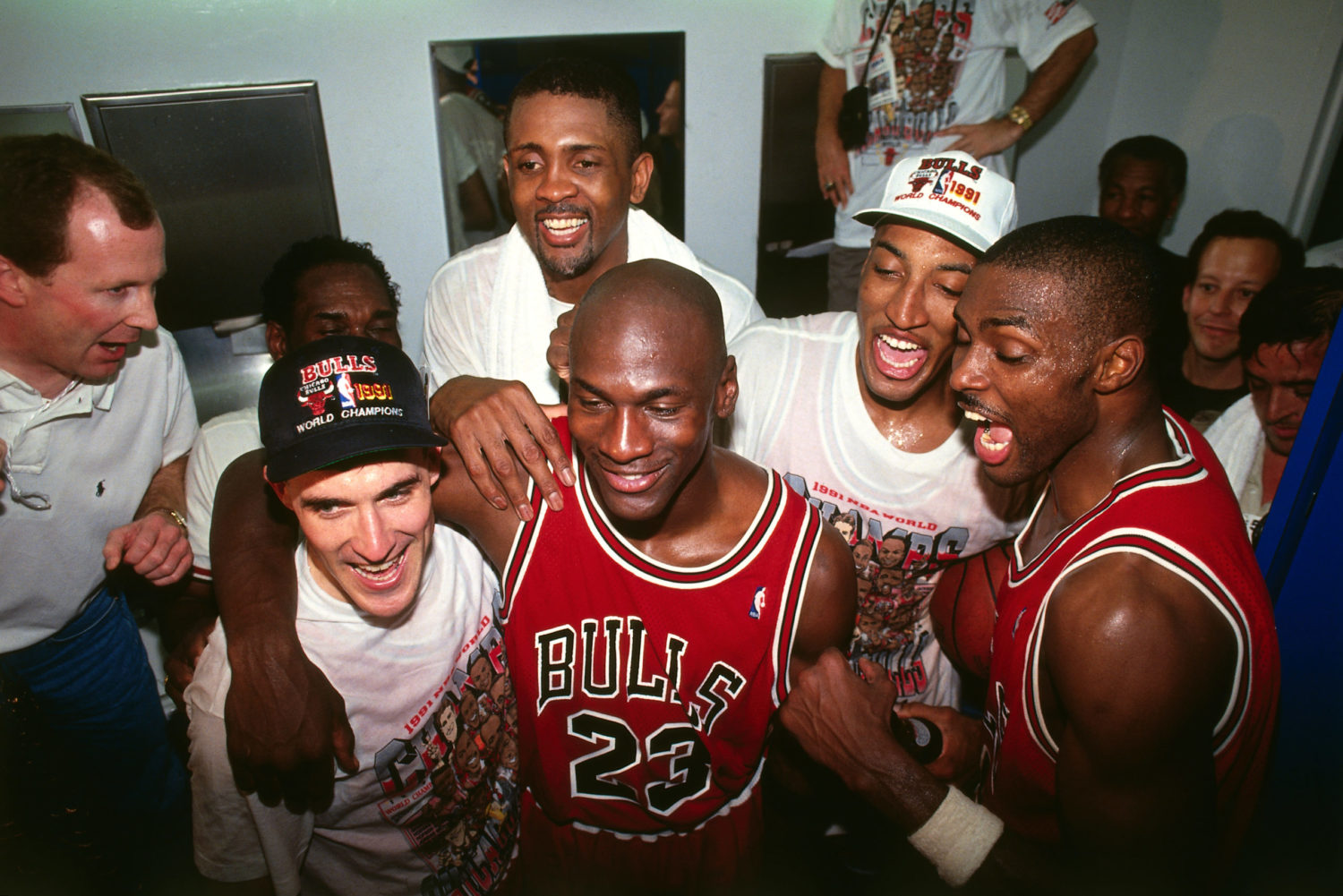Influence
(Canada/South Africa, 106 minutes)
Dir. Richard Poplak and Diana Neille
Hot Docs Program: Special Presentations
Sometimes having all the right elements for a documentary isn’t enough. Influence, about the changing impact on world politics of the public relations industry, generally, and the Bell Pottinger company in particular, is a case in point.
State corruption, especially in South Africa, check; a slimy corporate honcho in the person of Bell Pottinger’s Timothy Bell, check; a focus on fake news, the kind Bell Pottinger promulgated, check.
But it’s all very confusing.
The film begins by tracing the changes in public relations from the Mad Men days of the Sixties to today, when PR firms dominate the political landscape. Lazy thinking creeps in when that transition is described as one from an art-focused industry to one that’s science-based. Huh? Didn’t the ad biz of the Sixties invent the focus group?
The meat of the film looks at Timothy Bell’s rise from salesman to Saatchi & Saatchi executive to the PR savant. It was Bell who forged a relationship with Margaret Thatcher – the first to wed politics and PR – inventing the famous poster Labour Isn’t Working. Later he did business with Chilean dictator Pinochet, the Russian oligarch Boris Berezovsky and the U.S., the latter to the tune of $500 million, while influencing Brexit and the rise of Trump. This is the best part of the film, supporting Bell’s own claim that he’s not immoral, but amoral: willing to do anything to cash a cheque.
But everything feels glossed over. The interview with Nigel Oakes, a founder of Strategic Communication Laboratories, parent company to Cambridge Analytica, unfolds as if we already know Analytica’s impact on Trump’s election triumph. Bell Pottinger’s business dealings in Iraq are never connected to the massive profits enjoyed by American business interests, who pushed hard for the U.S. invasion.
The film falls apart in the last section, which tracks the fall of Timothy Bell, who took on more than he could handle in South Africa. His company Bell Pottinger did business with African president F.W. de Klerk, who hoped Bell could deploy his marketing genius to help him defeat Nelson Mandela in 1994. Bell has to have had some kind of hubris to think he’d be successful there but he did get a foot in South Africa’s door and then stepped right in to assist the monumentally corrupt Jacob Zuma’s 2016 election campaign.
In an effort to make Zuma seem indispensable, Bell concocted a strategy to foment racial tensions by denigrating South Africa’s white monopoly capitalists. Despite having excellent interview subjects, especially left-wing investigative journalist Marianne Thamm and Bell himself, no one is able to explain how he was meant to make his idea work. What was the message? Who exactly were the Gupta brothers, who insinuated themselves into Zuma’s inner circle, and what was their relationship to Bell Pottinger? It’s so confusing that I had to look at this section twice.
Directors Poplak, an influential investigative journalist (his memoir Ja, No, Man: Growing Up White in South Africa is excellent), and Neille had enough material for a four-part series. Too bad they tried to cram it into 90 minutes.
Influence screens as part of the Hot Docs at Home series on May 21 on CBC and CBC Gem at 8 p.m. (8:30 NT) and documentary Channel at 9 p.m. ET/PT, and screens as part of Hot Docs’ online festival beginning May 28.










